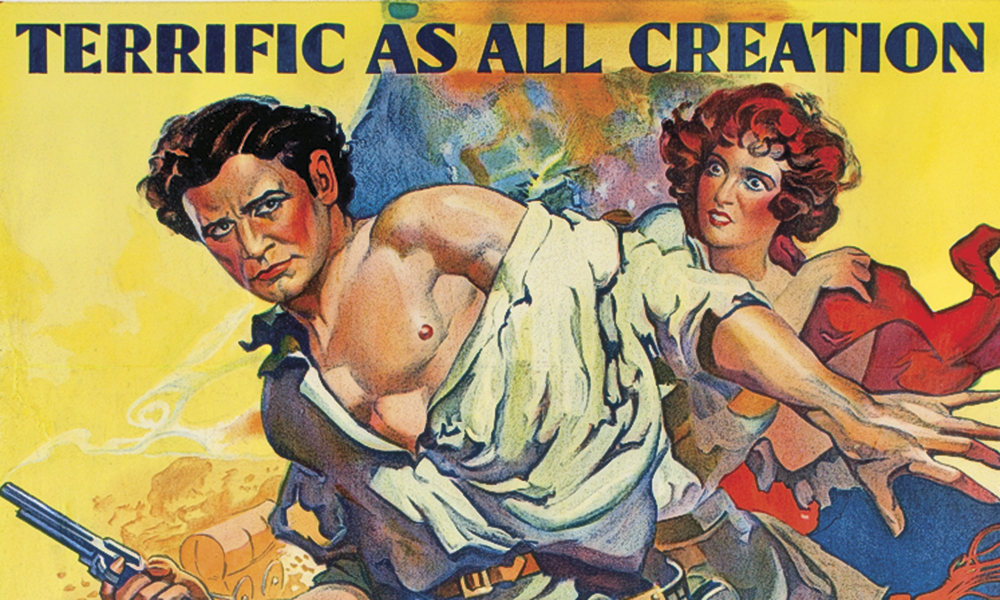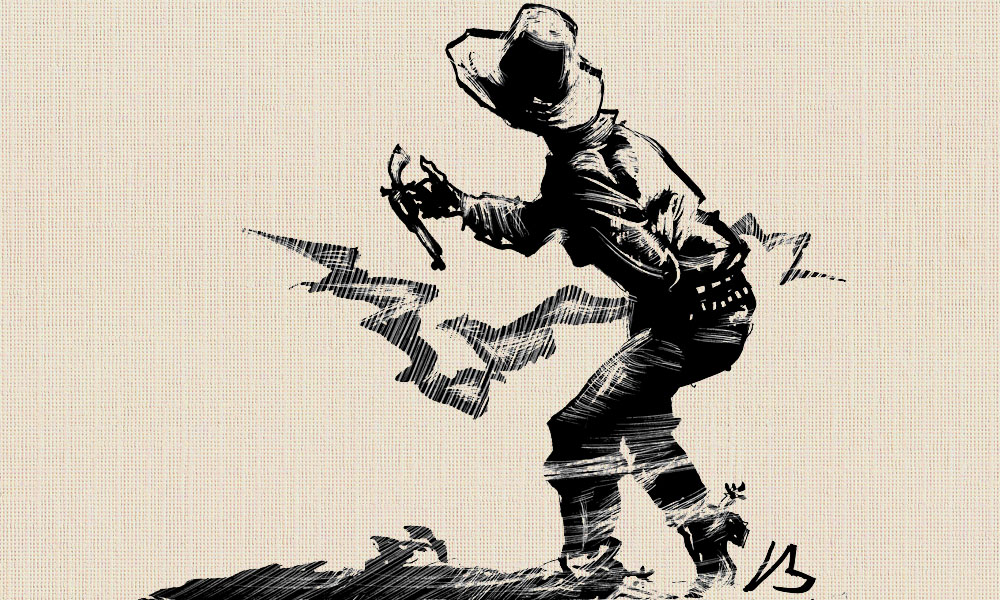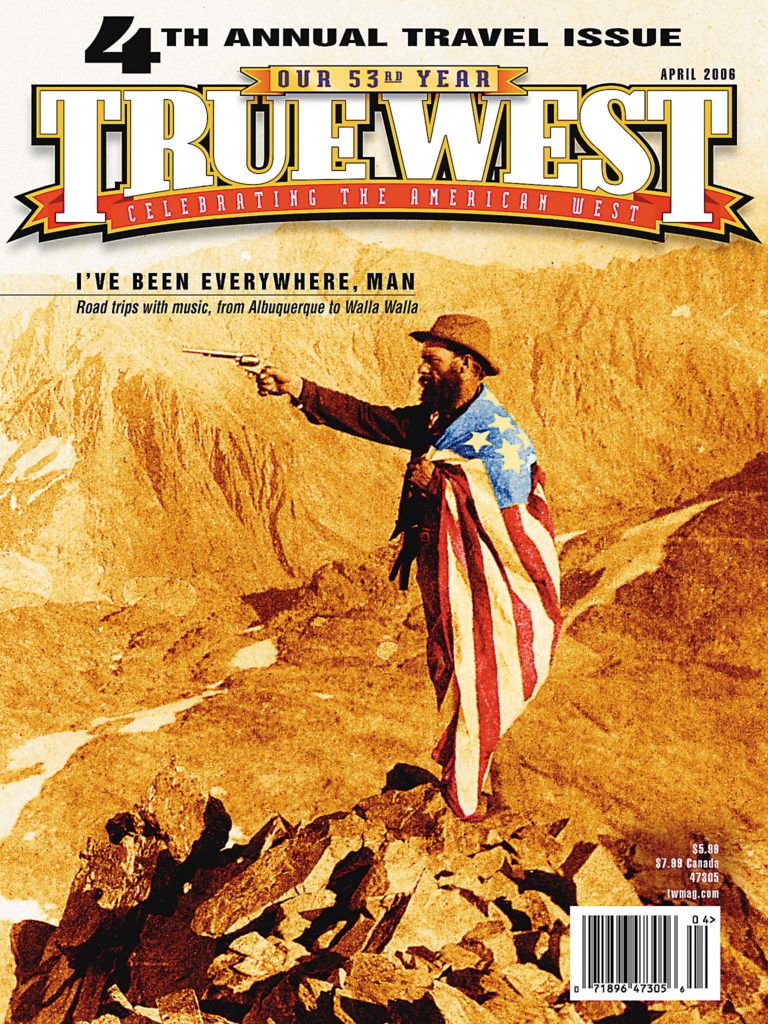I read somewhere that no legal agency ever put out wanted posters that stated, “Dead or Alive.” What’s the truth?
Dan Gebers
Kalaheo, Hawaii
Most wanted posters by government agencies stated “arrest and delivery,” “arrest and detention” or something similar. Private enterprises were different. The St. Louis Midland Railroad put out a reward poster of $25,000 for Jesse James, “Dead or Alive.” Another poster stated “$10,000 in gold coin will be paid by the U.S. Government for the apprehension Dead or Alive of Sam and Belle Starr.” When Marshall Williams, a Tombstone agent for Wells Fargo, questioned the payment of the reward money offered by his company for the Benson stage robbers, the word came back from San Francisco, “Yes, we will pay, dead or alive.”
Railroads, banks, Pinkerton agents and other law enforcement agencies “cooperated” back in those days. This was what Mark Twain called the “Gilded Age,” when corporations acted as judge, jury and executioner. Robbing a train was once a capital offense (ask Black Jack Ketchum—the only man hanged for train robbery).
The reward notices raise another question: Since these rascals were suspects and not yet convicted felons, how could capital punishment be condoned in the reward contract?




